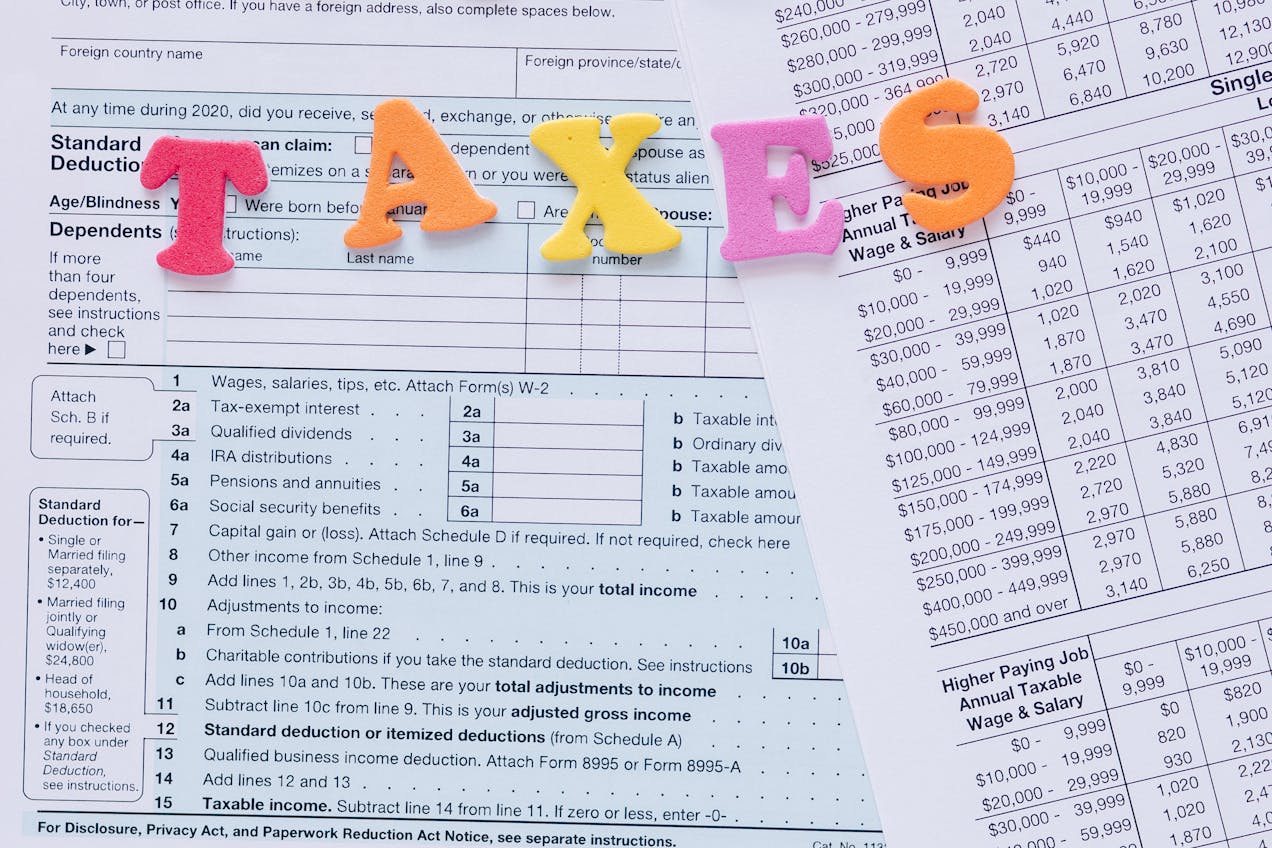Introduction Lowering your Adjusted Gross Income (AGI) is a smart tax strategy that can help you qualify for deductions, credits, and lower tax brackets. IRC § 62 defines AGI...
Introduction The Qualified Business Income (QBI) Deduction, introduced under the Tax Cuts and Jobs Act (TCJA) of 2017, allows eligible business owners to deduct up to 20% of their...
Introduction Understanding the difference between Adjusted Gross Income (AGI) and Taxable Income is crucial for tax planning and maximizing deductions. These two figures play a key role in determining...
Introduction Lowering your Adjusted Gross Income (AGI) can help you qualify for more tax deductions, credits, and benefits, ultimately reducing your overall tax bill. The Internal Revenue Code (IRC)...
Introduction Adjusted Gross Income (AGI) is a critical component of your tax return, determining your eligibility for various deductions, credits, and tax benefits. The Internal Revenue Code (IRC) §...
Introduction Charitable donations can lower your tax bill while supporting causes you care about. The IRS allows deductions for qualified contributions, but specific rules apply. To claim the deduction,...
Introduction Capital gains tax applies when you sell assets like stocks, real estate, or other investments for a profit. However, the IRS allows several legal ways to reduce or...
Introduction Capital gains occur when you sell assets like stocks, real estate, or other investments for a profit. If you sell at a loss, you incur a capital loss,...
Introduction If you own rental property, you must report rental income and deduct allowable expenses to determine taxable rental profit. Proper reporting can help reduce tax liability while ensuring...
Introduction If you earn money from a side hustle, gig economy job, or freelance work, the IRS considers it taxable income. Many gig workers mistakenly assume that small side...









